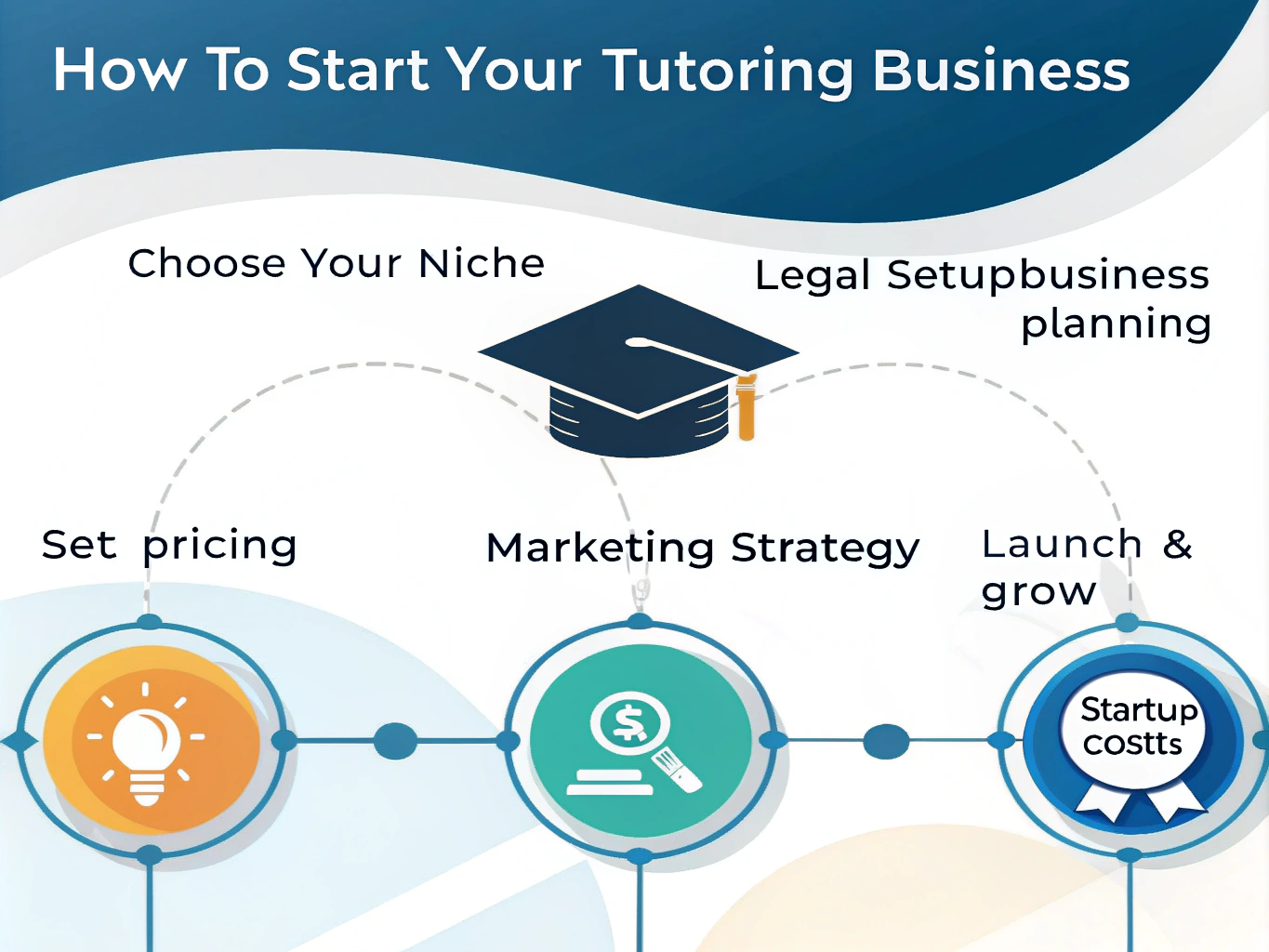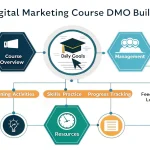Start Your Tutoring Company
Is this tool helpful?
How to Use the Tutoring Business Guide Effectively
Follow these steps to get a personalized tutoring business startup guide tailored to your specific needs:
- Enter your tutoring company name: Provide the name you want to use for your tutoring business. For example, “Bright Future Tutors” or “NextGen Learning.”
- Specify your state of operation: Type in the state where you will run your business, such as “Ohio” or “Washington.”
- List the tutoring subjects you offer: Include the main subjects you plan to tutor, like “Physics, Chemistry, Spanish” or “Reading, Writing, Social Studies.”
- Describe your target audience: Define who you aim to serve, such as “Elementary school students” or “Adult learners seeking GED certification.”
- Estimate your initial budget: If you know your startup budget in USD, enter it (optional). Examples: “3000” or “15000”. This helps tailor the advice to your financial resources.
- Submit the form: Click the button to generate your customized tutoring business guide with actionable tips to launch and grow your company.
After submitting your details, you’ll receive a comprehensive guide covering everything from legal setup to marketing strategies. Use it as your roadmap to build a successful tutoring business.
What Is the Tutoring Business Startup Guide?
This tool creates a customized, step-by-step guide designed to help you launch and manage your tutoring company effectively. It takes the details you provide—such as your business name, location, subjects, and audience—and generates targeted advice suited to your unique business goals.
The guide provides essential information to navigate startup challenges in the tutoring industry, helping you turn your teaching passion into a sustainable business. It combines legal, financial, operational, and marketing insights to ensure you’re fully prepared for success.
Key Features of the Tutoring Business Startup Guide
- State-specific legal guidance for forming your LLC and obtaining necessary permits
- Custom business planning tailored to tutoring services
- Strategies for conducting market research and identifying your competition
- Pricing models and service offerings aligned with your audience
- Growth planning and goal setting to scale your tutoring company
- Budgeting and financial management advice for startups
- Marketing and client acquisition strategies targeted to your tutoring niche
- Operational tips, including tools for managing schedules and communications
- Methods to evaluate your business performance and adapt your approach
How This Tool Helps You Build Your Tutoring Business
This guide consolidates expert knowledge and applies it directly to your tutoring startup. Using the customized recommendations, you can:
- Save time by avoiding generic advice and focusing on what matters most for your setup
- Get personalized tips that reflect your state’s regulations and your chosen subjects
- Develop a clear business plan that outlines your services, pricing, and marketing approach
- Identify your ideal market to target clients more effectively
- Plan your finances for sustainable growth and risk management
- Learn actionable marketing strategies tailored to attract your specific audience
- Prepare to manage day-to-day operations smoothly and professionally
Practical Uses of the Tutoring Business Startup Guide
Here are examples of how different tutoring entrepreneurs benefit from this guide:
Example 1: Math and Science Tutoring in Georgia
- Learn Georgia-specific LLC registration details and tax obligations
- Research competitors in metro Atlanta and identify gaps in test prep offerings
- Plan pricing strategies based on local demand for AP and SAT tutoring
- Create marketing campaigns aimed at high school parents and students
- Implement scheduling tools that fit clients’ busy academic calendars
Example 2: Adult Language Tutoring in Oregon
- Understand home-based business permits in Portland, Oregon
- Identify professional groups seeking ESL tutoring and tailor offerings accordingly
- Develop flexible pricing packages for group and individual sessions
- Use social media to connect with local immigrant communities and language schools
- Create a scalable plan for expanding to online sessions
Example 3: Online SAT Preparation Service Nationwide
- Ensure compliance with virtual tutoring regulations across different states
- Build an interactive curriculum optimized for remote learning
- Design tiered pricing for self-paced and live tutoring options
- Optimize digital marketing using SEO and content strategies to reach students nationwide
- Monitor feedback and adjust services to improve student outcomes
Frequently Asked Questions About Starting a Tutoring Business
Do I need formal teaching credentials to start tutoring?
You don’t always need formal teacher certification. Your expertise in the subject and ability to communicate clearly matter most. Some clients or states may require certifications for certain subjects, especially for standardized test prep.
How do I decide how much to charge for tutoring?
Pricing depends on your experience, subjects, location, and market demand. Research local tutors’ rates and adjust for your qualifications and overhead. The guide helps you develop competitive pricing that covers costs and remains attractive to clients.
Should I offer online tutoring, in-person sessions, or both?
It depends on your clients’ preferences and your resources. Combining both options broadens your reach and client base. Many tutors begin with one mode and expand to the other as their business grows.
What marketing methods work best for tutoring businesses?
Building an online presence, networking with schools and parents, offering free trials, and leveraging referrals are effective strategies. Tailor your marketing to your target audience, using social media and community connections to promote your services.
Important Disclaimer
The calculations, results, and content provided by our tools are not guaranteed to be accurate, complete, or reliable. Users are responsible for verifying and interpreting the results. Our content and tools may contain errors, biases, or inconsistencies. Do not enter personal data, sensitive information, or personally identifiable information in our web forms or tools. Such data entry violates our terms of service and may result in unauthorized disclosure to third parties. We reserve the right to save inputs and outputs from our tools for the purposes of error debugging, bias identification, and performance improvement. External companies providing AI models used in our tools may also save and process data in accordance with their own policies. By using our tools, you consent to this data collection and processing. We reserve the right to limit the usage of our tools based on current usability factors.







